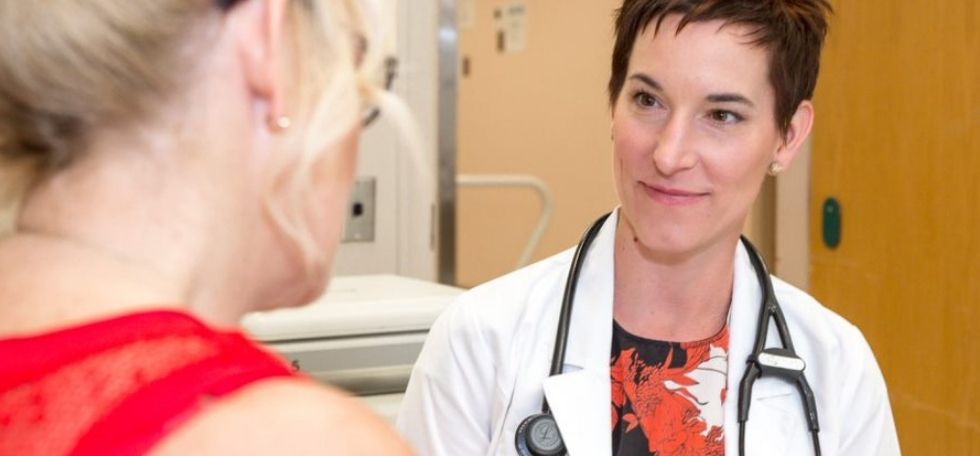Diagnosis of COPD
If you’ve been having any of the signs and symptoms of COPD, your doctor or other health care provider may assist you in completing some of the below tools for diagnosis.

Medical History
Firstly, to help diagnose COPD, your doctor or another healthcare provider will ask you many questions about your health history. Some of the questions may include:
- Do you currently smoke or have you smoked in the past?
- How often are you short of breath?
- What makes your shortness of breath worse?
- Do you cough? How long have you been coughing?
- Do you cough up sputum (phlegm, mucus)?
- Do you or does anyone in your family have a lung disease?
- Did you have a lot of lung infections when you were younger?
- Have you ever been diagnosed with a lung disease?
Breathing Tests
Breathing tests are the most reliable way to diagnose COPD.
- Spirometry: It is a simple breathing test that measures the speed and the amount of air you are able to blow out of your lungs. If you have any of the symptoms or are short of breath doing simple tasks, ask your healthcare provider about sending you for a spirometry test.
- Pulmonary Function Test: Is a variety of tests that examine how well the lungs work. Pulmonary function tests include spirometry to diagnose and manage COPD and asthma. Other tests also include lung volume testing which measures the volume of air in the lungs and diffusion capacity which measures how much oxygen enters the bloodstream. The tests are not painful, but they require you to use your maximal effort to blow out and breathe in air.
To learn more about breathing tests and to watch a video demonstration on spirometry visit our breathing test webpage.
How do I receive a referral for a breathing test?
In Saskatchewan, spirometry is performed in many locations. Full pulmonary function tests are available in most larger cities. To inquire about a breathing test, speak to your doctor or nurse practitioner to determine if you should have a breathing test and which test is best for you.
During the COVID-19 pandemic, breathing tests may not be as available as heavy breathing is required and may increase the risk of spreading COVID-19.
Chest X-Ray (CXR)
The CXR will help the doctor see if there is damage to your lungs and can show emphysema in your lungs. A CXR alone is not enough to diagnose COPD; spirometry is the recommended test for a diagnosis.
Oxygen testing
This painless test measures how much oxygen is in your blood (oxygen saturation). Your doctor or another healthcare provider will clip a “probe” to your finger to measure and monitor how much oxygen is in your blood. This alone does not diagnose COPD but could be one of the tests that assists with a diagnosis. If you want more information on how to get your oxygen tested, talk to your doctor. To learn more about Saskatchewan’s oxygen funding, visit our Lung Health Materials to download the Home Oxygen Brochure.
Other
Your healthcare provider may order other tests like a CT Scan, blood work and other laboratory work. Blood work and/or other lab tests are done in combination with other tests for a proper diagnosis.




